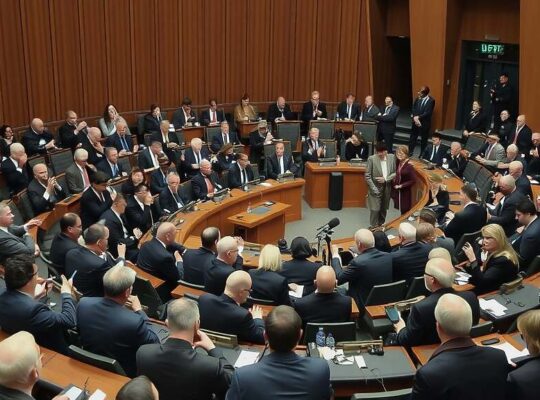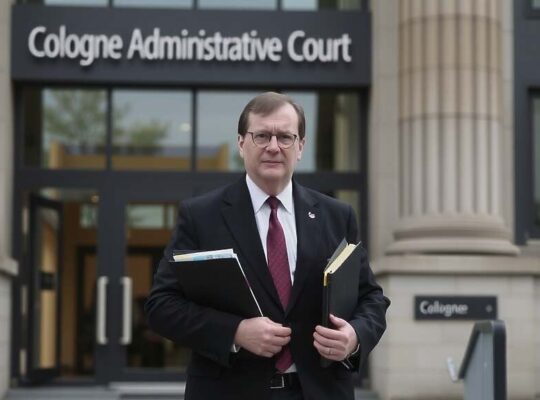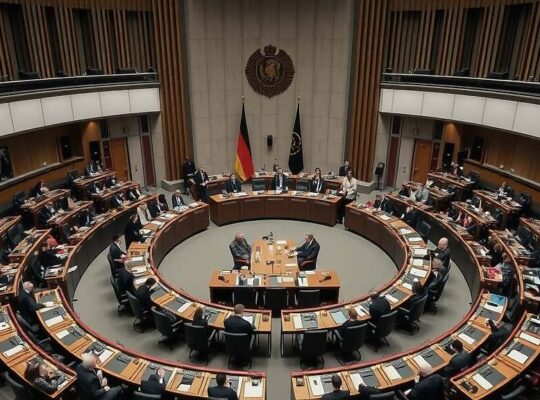Following a tumultuous three-day period marked by the failed election of new judges to the Federal Constitutional Court (Bundesverfassungsgericht), the German Federal Judges Association (DRB) has publicly voiced concerns and urged caution in the selection process. In a statement released on Monday, DRB co-chairs Andrea Titz and Achim Scholz expressed worry over recent events and emphasized the importance of a measured approach.
The statement highlights the potential impact of short-term political interests and societal positioning in the nomination process, warning that such influences could undermine the perceived independence of the Constitutional Court judges, subsequently eroding public acceptance of their rulings. It also stressed the critical need to safeguard the professional reputation of nominees throughout the selection procedure.
The DRB underscored the vital role of a functioning and respected Constitutional Court for the democratic rule of law, asserting that the court should not be subject to the conventions of partisan political decision-making, particularly when selecting its judges. The association cautioned that allowing daily politics to influence these elections could lead to a detrimental politicization of the court over time.
While not explicitly stated, the DRB’s message appears to lend support to the candidacy of Frauke Brosius-Gersdorf, nominated by the Social Democratic Party (SPD), whose nomination encountered resistance from the conservative Union faction. The statement references past judges – Ernst Benda, Roman Herzog and Jutta Limbach – whose demonstrable engagement with societal and political issues, coupled with an openness to dialogue, fostered balanced decision-making. This, the DRB affirms, is only sustainable if the court maintains its unique character and remains free from external political interference.
Finally, the association reminded that candidates do not typically self-nominate for these positions. They emphasized that the procedural design must be structured in a way that protects and does not damage the reputation of those considered for the role.












